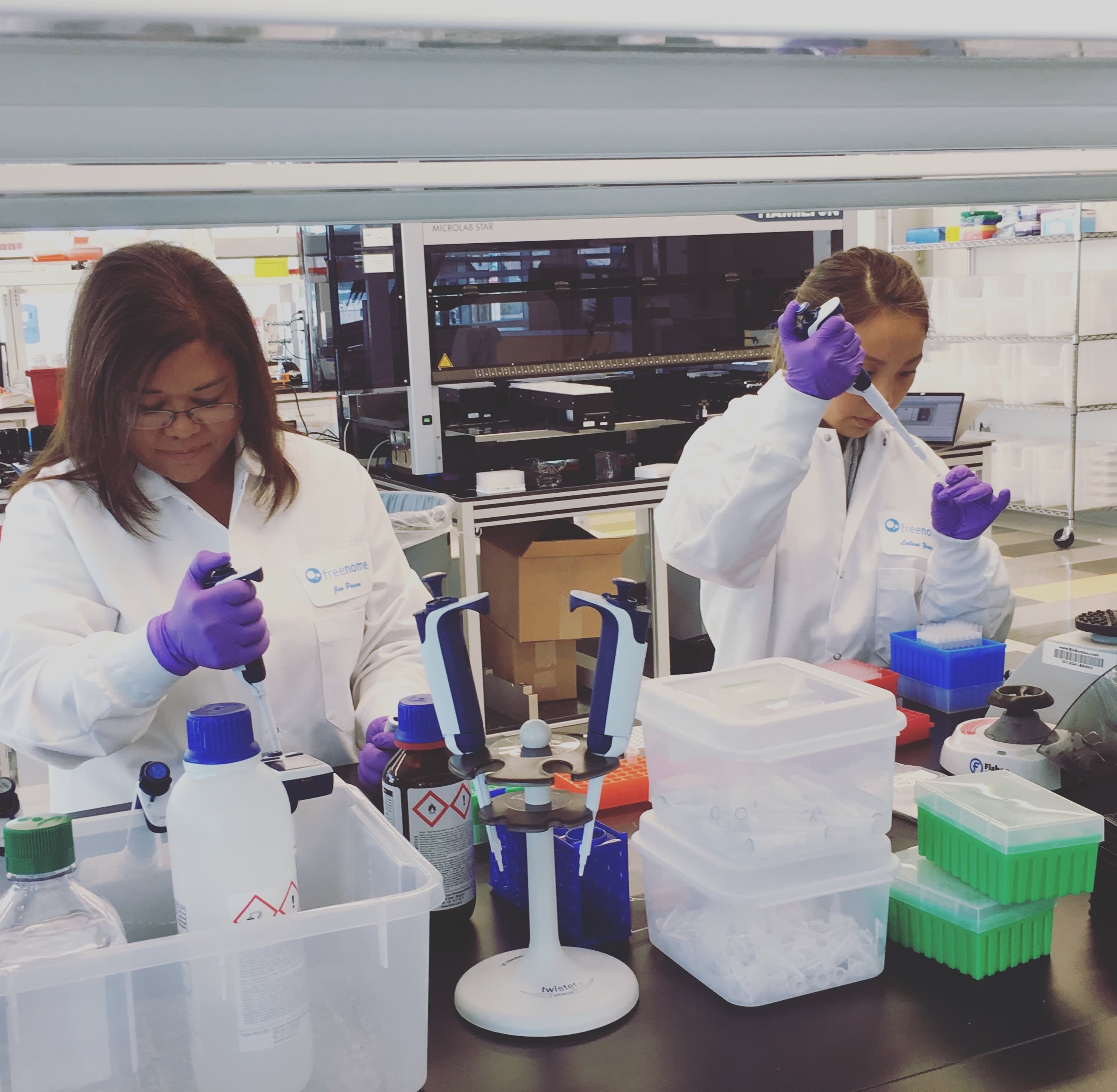Alphabet is funding a new way to reduce heart disease, the leading cause of death in the US - 3 minutes read

Alphabet has been pouring money into life sciences research through its venture investing arm GV and through Verily, its experimental health-technology division.
Now, GV and Verily are coming together to work with a start-up called Verve Therapeutics with an aim to reduce people's risk of heart disease, the leading cause of death in the U.S. Verve is setting out to develop an injectable treatment so millions of people no longer have to rely on a daily regimen of pills.
For Alphabet, Verve represents a potential path to revenue in one of its most important early-stage science projects incubated in X (formerly Google X), the research and development lab that was also home to Waymo's self-driving cars, Wing's delivery drones and the Chronicle cybersecurity project.
Verily became an independent company under the Alphabet umbrella in 2016, and last year raised $1 billion in outside capital in a funding round let by private equity firm Silver Lake. The bulk of its projects, from surgical robotics to clinical research studies, are still in the research stage, but the company will start coming under increased pressure to commericialize its technology and produce a return. Alphabet Chief Financial Officer Ruth Porat joined the Verily board at the time of the Silver Lake deal.
Verily announced the partnership with Verve last week alongside a $60 million financing, mostly from GV.
In its early days, Verily was known as Google Life Sciences. One of its projects was focused on nanoparticles, or tiny particles that can be used to help make drug treatments more targeted. Google had a group of engineers and scientists working on the technology for years. Verily said in a blog post that it began the research to find new ways to treat disease, including with potentially new drugs.
"This was one of the very earliest science programs at Google Life Sciences, back when it was part of Google X," said Dr. Jessica Mega, Verily's chief medical officer and a practicing cardiologist. While Alphabet is best known for online advertising, "we can do basic science, and we're actually well positioned to do it," she said
'Protect the world from heart attacks'
Mega said the Verily team developed a way to "reliably develop nanoparticles" for companies like Verve to use. Verve is the first outside company to work with Verily's nanoparticles, and it plans to use the technology to carry its drug substances through the bloodstream to the liver.
"Our ultimate vision is to protect the world from heart attacks," said Dr. Sek Kathiresan, Verve's CEO, who recently left his role at Massachusetts General Hospital.
In the U.S., more than 600,000 fatalities per year are attributed to heart disease despite the billions of dollars spent by pharmaceutical companies on potential treatments. Kathiresan said Verve's initial focus is a rare disease that's associated with extremely high cholesterol levels and impacts about 1 in a million people. From there, Verve hopes to provide new one-time injectable treatment to replace pills.
Kathiresan, a cardiologist and geneticist, spent years researching people who have a naturally occurring gene variant that lowers their risk of heart attacks and coronary artery disease. That led him to work on a new therapy to target specific genes and edit them to bring down the bad cholesterol in blood.
Verve is working on those gene-editing techniques using a tool called CRISPR and is partnering with another start-up, Beam Therapeutics. One of Verve's major challenges will be to prove to physicians and potential buyers that the treatment is more effective than traditional drugs with proven track records.
WATCH: Heart attack gene?